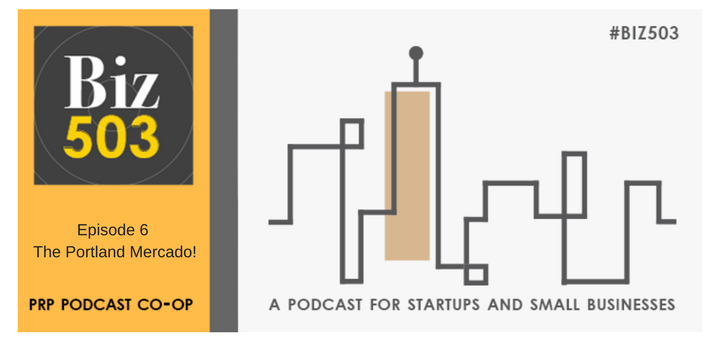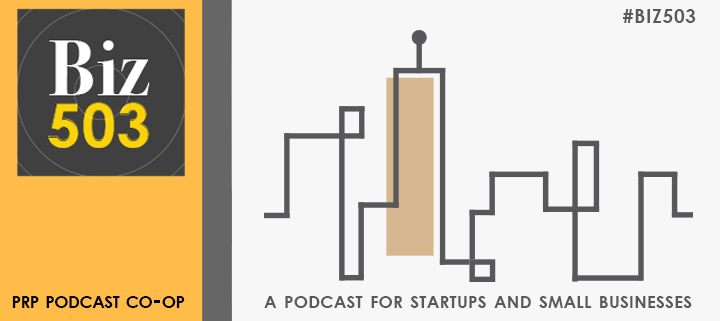Did you know that your zip code may be more important than your genetic code in determining life-long health – and your risk of disease?
It’s true. According to researchers, people who grow up in “Food Deserts” may be at greater risk for things like diabetes, obesity, heart disease and many other health outcomes, simply because of inadequate nutrition in the early days of life.
“Food Deserts” is a term the U.S. Agriculture Department uses to describe communities without access to healthy groceries. According to them, about 2.3 million people in the U.S. live more than one mile away from a supermarket and do not own a car.
But, what are “healthy” groceries? And, what is “access”? If I am a single mom of three with no car, and groceries are a mile away, do I have “access”? And – more relevant to our community – how is the influx of population into Portland and the housing crisis exacerbating the access to food issue?
This Friday, Dec. 2, on Biz503, we’ll broadcast an encore episode of “Access to Food.” Tune in to learn about the small businesses that are popping up around Portland to improve people’s access to groceries in several communities.
Our Biz503 panel included:
Monica Cuneo, Health Equity Project Manager, Portland State University
Brandon Rhodes, Rolling Oasis
Avery Lewis, Woodlawn Farmer’s Market
Amelia Pape, My Street Grocery
Andy Evans, My Street Grocery
Biz503 is broadcast live every Friday at 1:00 p.m. at 99.1 fm in the heart of Portland – everywhere else around the world at PRP.fm.
Listen to the encore episode below:
Or listen to the original podcast:
- New Festival Showcases Multicultural Readings & Films - August 18, 2021
- Parisalexa Plays Portland! - August 9, 2021
- Pardon our Dust! - June 29, 2021






Leave A Comment